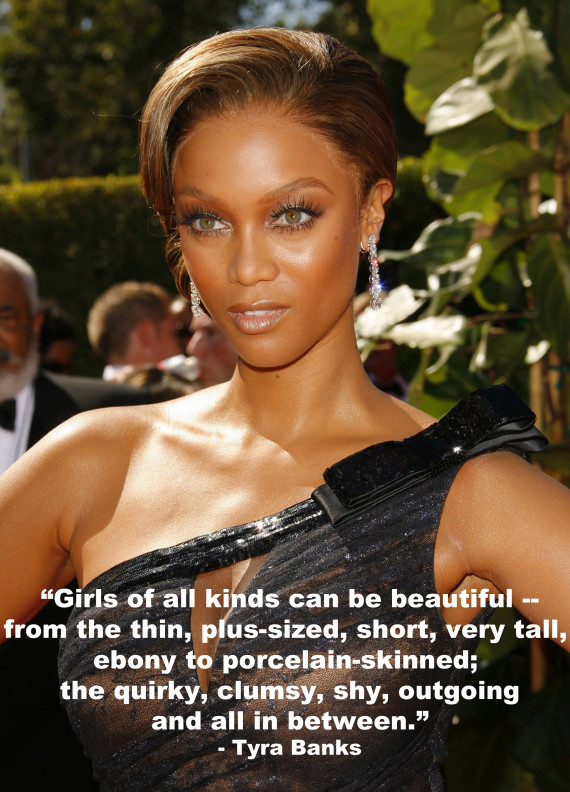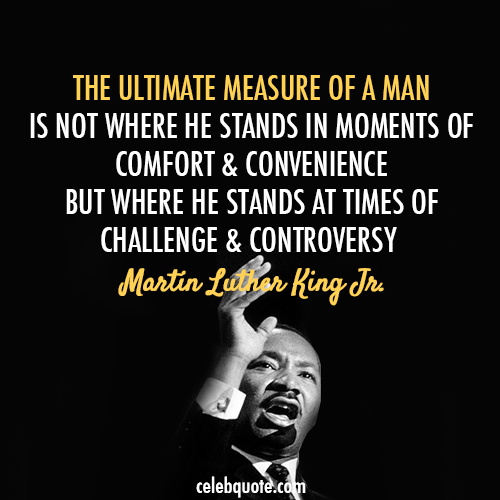The following essay was submitted to highly selective
universities.
*********************************************************************************
Being black. What exactly does it mean? Does it mean one
thing? This is the question I was confronted with last summer while working at
a sleep-away camp for underprivileged kids. According to some fellow
counselors, I had not experienced their version of being black. I had always
thought that being black was the result of having black parents, and since both
of mine were black. How then did these fellow counselors make this assumption?
It was through my summer camp experience at this camp (name excised), that I
received the answer to this question. I found there were different interpretations
of being black when I discovered that mine was not in accordance with several
other members of the camp community.
Afro Punk
As I arrived at the cap and was unloading the car I watched
several counselors, both black and white, laughing and tossing Frisbees back
and forth. I was glad to see that everyone was hanging out together and there
seemed to b a unified spirit among all the counselors. After introducing myself
to the Frisbee players. I saw four girls, who were black, sitting by a picnic
table. Although they were looking straight at me, they did not smile or wave or
seem to want to acknowledge my presence. I did not let this ‘cheerful’ welcoming
committee intimidate me and walked right over to them and with a casual grin
and introduced myself. They all responded in the same manner—without shaking my
outstretched hand, and full of condescension and a lack of enthusiasm, they
uttered their names. Two of them turned to each other and whispered something
and laughed, then looked down a the ground. While one older, official looking
girl was giving me information about this counselor-training week, the other
three looked me up and down and were silent. I was extremely curious as to why
they acted the way they did. I was determined not to let it bother me and
realized that I would have to make more of an effort to make friends with them.
After I left them, I brought my bags to my assigned cabin
and there my roommate was unpacking her clothes. She seemed very polite but
surprisingly curios as she watched me unpack my bags. Out of the corner of my
eye, I noticed that she had stopped unpacking and was must watching me as I
tried to keep a conversation going. As I was in mid-sentence, she blurted out
“Where are you from?”
When I said that I
was from New York City she said “You can’t be from the city…you have an
accent.” I was surprised at this and asked her what she meant. She said: “Well,
I don’t know; you’re just different. I mean you talk very proper –like you were
white or something.” This was shocking, as I had never thought of myself as
speaking ‘white’. I then wondered why the four other girls had treated me as if
I were ‘just different’ even before I uttered a sound. I looked at myself and realized
that I was dressed quite differently from the other black girls that I had
encountered. I was wearing a “ski park city” t-shirt, baggy shorts, ripped up
running shoes, and my hair, without one single curl, pushed back under a
headband. The other girls wore tight designer jeans, lots of gold jewelry and
perfectly curled hair. I knew then that ‘just different’ meant more than my
supposedly ‘proper’ accent.
Daft Punk
A few days later, I pursued this conversation with my
roommate. She asked me many questions and could not understand why I chose to
speak and dress like a white person since I was black. I told her that I grew
up in different circumstances than she. I lived on 76th Street in an
apartment building with a doorman, and she lived in a housing project in
Harlem. I went to a predominantly white private high school and she went to a predominantly
black public high school. I had both black and white friends; hers were all
black. She listened exclusively to rap; my taste ranged from house to classical
to classic rock. She had never been outside the US and I had several times been
to Europe and the Caribbean. My family had a country house in East Hampton and
she could not conceive of a black person who was not a rapper or athlete with a
separate summerhouse. I realized then that my economic situation was the catalyst
that had induced our cultural divide. I again explained that I was not trying
to act white; instead, my personality was in large part due to the life
experiences, my school and friends, and my family who preached openness and
exchange across races.
As the orientation week progressed I realized that I was
avoiding the hostility of the other black counselors by hanging out with
others. One day, during lunch, I sat down at the ‘exclusive black table’
comprised of 5 other black girls. I acted as if their tacit hostility and critiques
of my not being ‘black’ was not an issue. I told what I thought was a funny
story about the group of kids I had instructed in tennis who were whining and
complaining about the heat and each other. They all laughed and then one of
them launched into her own story. I had been accepted into the group.
Later that week, on my night off, the five of us e\went to
the beach and I asked them flat out if they thought I was I was different from
them. They said that at first they were disgusted with me because they thought I
was an ‘Oreo snob’ who did not ‘feel the need’ to hand around with back
people. Asked then how they got this
impression and they said that the way I dressed and spoke was is if I only
wanted to be white, I told them that how I dress and act was the result of how
I had been brought up and not an attempt to be something I am not. They nodded
their heads, said “yeah” and fell silent. This silence had a different quality
from the silence I had been greeted with on the fist day. The disapproving
glances, the skeptical questions about my behavior and life had started to
fade. Hostility slowly turned to acceptance and respect.
I did this not by trying to dress or talk like them. Two
other black counselors with similar backgrounds to mine tried to gain acceptance
by acting ‘ghetto’. I thought these counselors compromised their values in order
to conform to the larger group although I never said this to anyone. Although most of the whites stayed with the
whites and the blacks with the blacks I moved freely from group to group not
changing my personality or my self to fit in.
The reaction I received from the campers themselves was not
one of initial hostility but rather of fascination and disbelief. Again and
again they asked, “What’s it like to be so rich?” They certainly did not think
I was cool; instead I was to them a rich nerd and they wanted to hear stories
of places I had traveled to and experiences I had had that they could not
imagine having themselves. I was not uncomfortable about being unusual to them
because I could demonstrate that there were many sides to what it is like to be
‘black’.
In the future, when I meet people different from me, I will
not have to manufacture a personality to gain their respect. My success in
bridging the gap between people of my own race taught me to stand strong and be
proud of my blackness even if was different than theirs. I realize the camp is
only a microcosm of the world I will live in. Being mocked and called an ‘Oreo’
did not make me change my identity. Rather, it made me try to communicate
through my actions and words a definition of black that was equally valid. My
experience at camp has also taught me to be more tolerant of others of all
races and backgrounds. I hope that in my future I will be able to use my experience
to bring people together and to create acceptance of diversity within
diversity.
Questions
Rate this essay from 1-5 with 5 being the highest. Why did
you give it the rating you did?
Does this student do a good job putting us in her world?
Does this essay make you think about what being ‘black”
means in the US? Did it make you change your views?
Kanye BLKKK SKKKN HEAD (explicit)
Would you think it unusual for some other black students to
call the writer an 'Oreo'? Do you see any support for those who think this way?
Should this student benefit from affirmative action? Why or
why not?
Would this student add significant diversity to a campus?
Why or why not?
Baratunde Thurston’s funny and insightful book, How To Be Black, (which I named as one of my best books of 2012), calls into question the
narrow definition that many educators and people at large have about how to be authentically
black. Does this essay help undermine the stereotype of what it means to be
black?
This essay is far too long to fit into the word limit on the
common application. What sections of the essay would you cut? Do you think this
would hurt the integrity of the essay? Would the student’s experience and voice
be diminished?
Would you want this student as a roommate? Why or why not?






No comments:
Post a Comment